Liu Jiakun is the 2025 Pritzker Prize winner
By Niall Patrick Walsh|
Tuesday, Mar 4, 2025
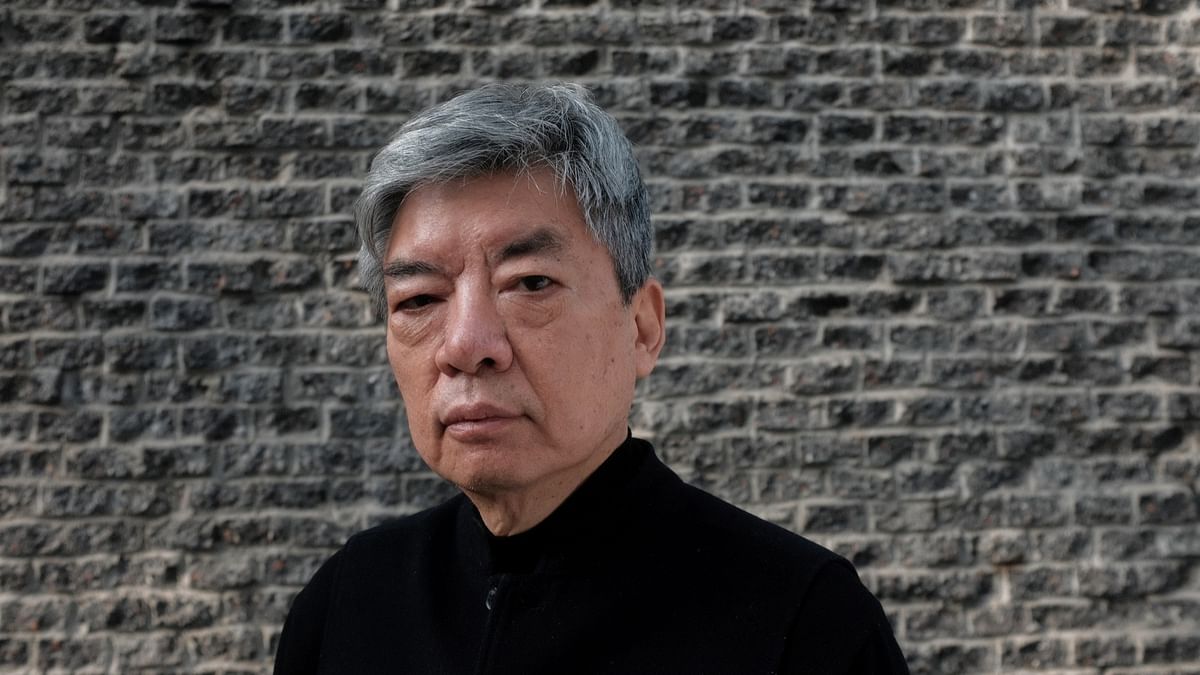
Related
Chinese architect Liu Jiakun, founder of Jiakun Architects has been announced as the winner of the 2025 Pritzker Prize.
Born in Chengdu, Liu has built a career spanning over four decades, developing projects that blend modernity with traditional Chinese architectural elements. Rooted in cultural, historical, and social considerations, the architect's work often seeks to create spaces that serve and uplift communities.
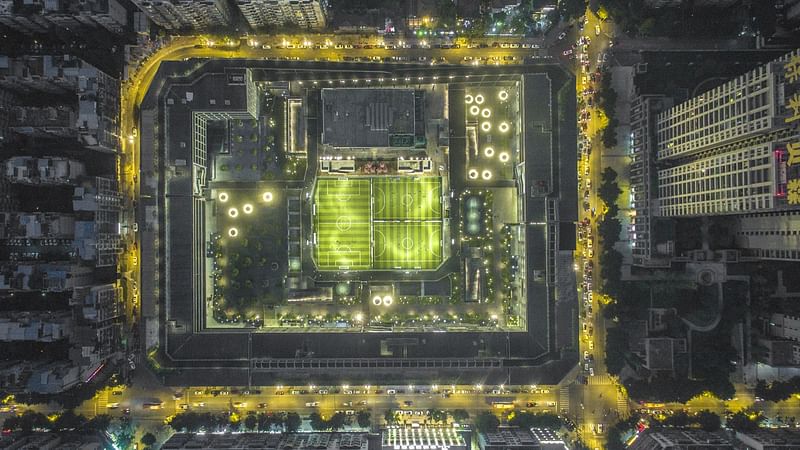
Liu’s approach to urbanism challenges conventional development models, introducing public spaces within dense city environments and emphasizing the human experience in architecture. One of Liu's most notable projects, West Village (Chengdu, 2015), exemplifies such an approach to urban density, with a five-story mixed-use development that spans an entire city block, integrating cultural, commercial, and recreational spaces within a network of sloping pathways for cyclists and pedestrians. The design contrasts with the surrounding high-rise landscape, providing an open yet enclosed environment that seeks to foster public interaction.
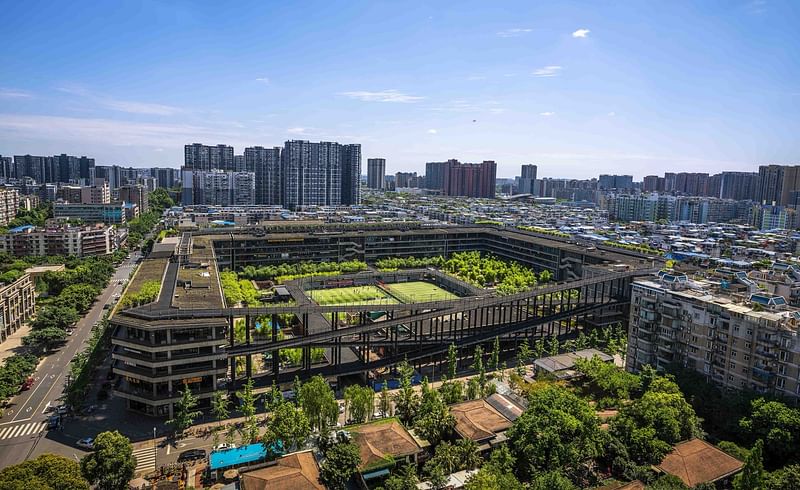
"Through an outstanding body of work of deep coherence and constant quality, Liu Jiakun imagines and constructs new worlds, free from any aesthetic or stylistic constraint," the jury citation reads. "Instead of a style, he has developed a strategy that never relies on a recurring method but rather on evaluating the specific characteristics and requirements of each project differently. That is to say, Liu Jiakun takes present realities and handles them to the point of offering sometimes a whole new scenario of daily life. Beyond knowledge and techniques, common sense and wisdom are the most powerful tools he adds to the designer’s toolbox."
"For embracing rather than resisting the dystopia/utopia dualism and showing us how architecture can mediate between reality and idealism, for elevating local solutions into universal visions, and for developing a language that describes a socially and environmentally just world, Liu Jiakun is named the 2025 Pritzker Prize Laureate," the citation added.
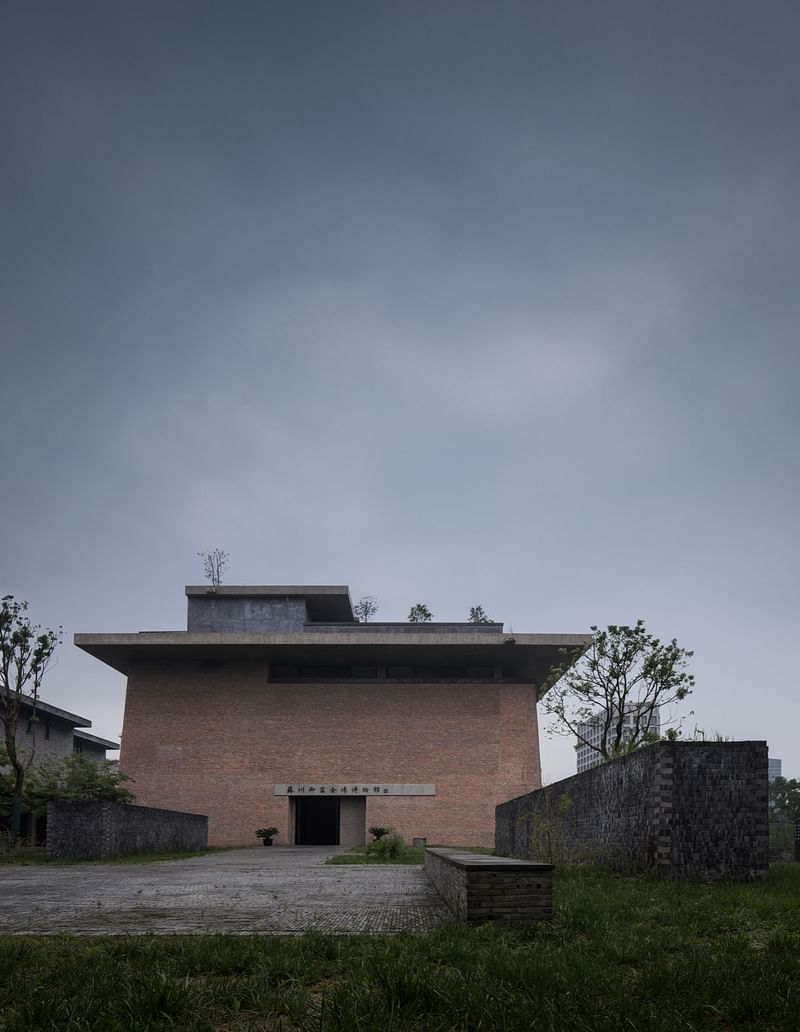
Liu's work also frequently engages with historical forms, reinterpreting classic Chinese architectural elements in contemporary settings. The Suzhou Museum of Imperial Kiln Brick (Suzhou, 2016), for example, incorporates flat eaves reminiscent of ancient pavilions.
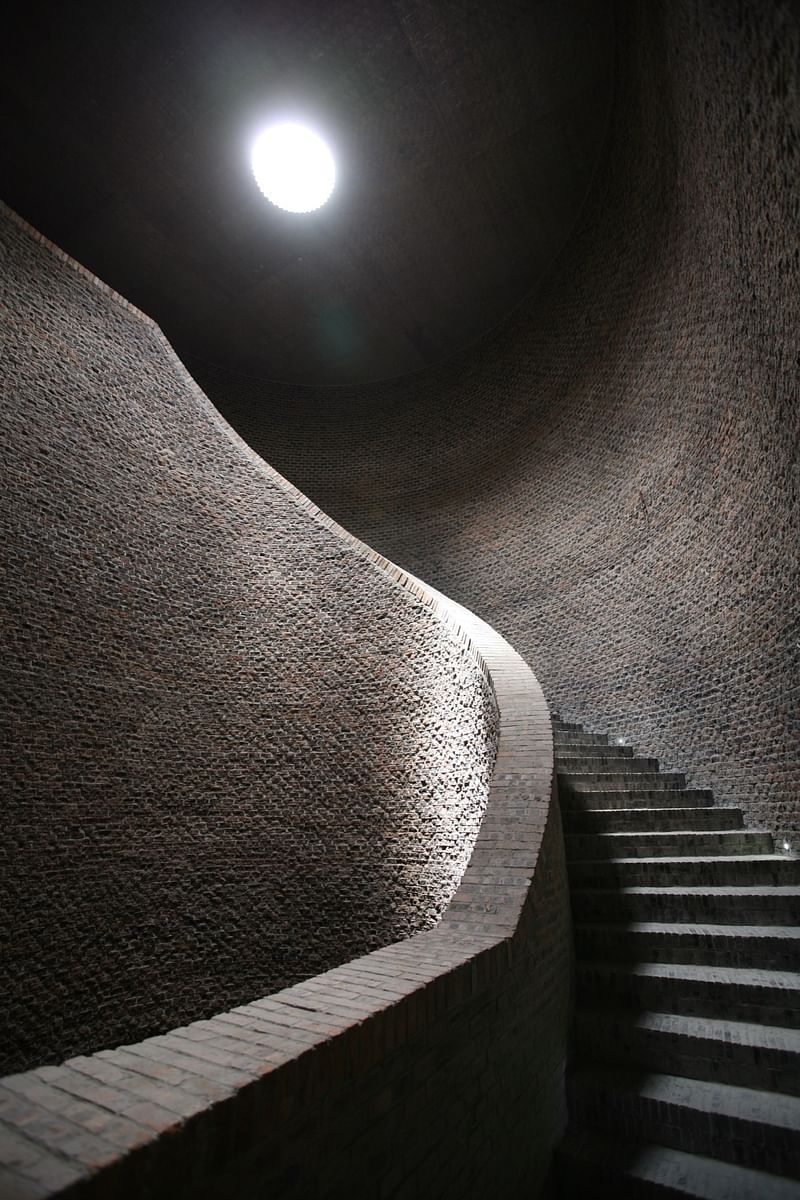
Liu's approach to sustainability and material honesty in his projects often includes the employment of raw local materials and traditional craftsmanship rather than mass-produced construction elements. One notable example is Liu's work in the aftermath of the 2008 Wenchuan earthquake, where the architect developed 'Rebirth Bricks,' created from earthquake rubble reinforced with wheat fiber and cement.
The bricks were used in several projects, including the Shuijingfang Museum (Chengdu, 2013) and West Village. Liu's smallest work, the Hu Huishan Memorial (Chengdu, 2009), takes the form of a permanent cement relief tent, serving as a monument to a young girl lost in the disaster and a symbol of collective national mourning.
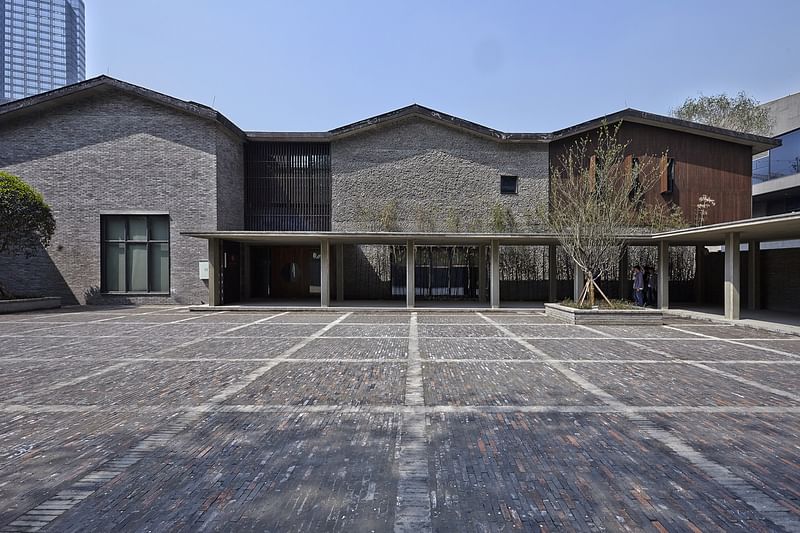
"Architecture should reveal something—it should abstract, distill and make visible the inherent qualities of local people," Liu notes in a statement carried as part of the award's announcement. "It has the power to shape human behavior and create atmospheres, offering a sense of serenity and poetry, evoking compassion and mercy, and cultivating a sense of shared community."
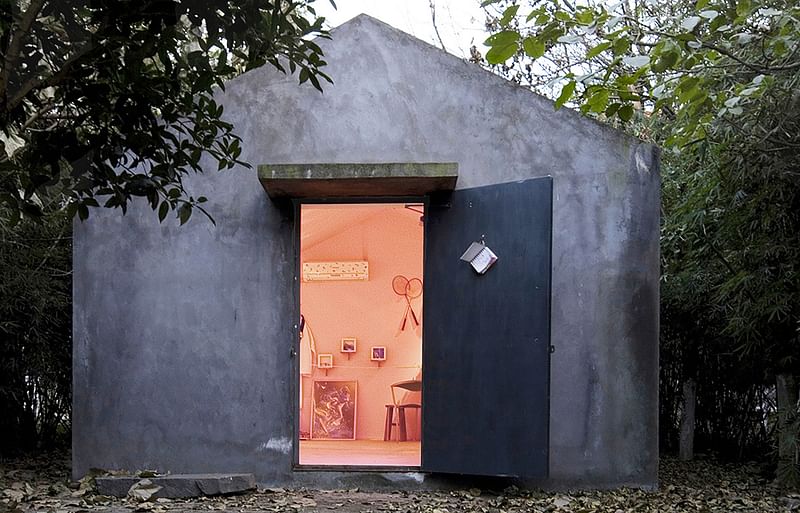
On the eve of the announcement, Archinect asked readers and various AI models to predict the 2025 Pritzker Prize winner. However, no models accurately predicted this year's winner.
As the 54th laureate, Jiakun will join the Pritzker's honorary list of winners, which in recent years has included Riken Yamamoto (2024), David Chipperfield (2023), Francis Kéré (2022), and Anne Lacaton and Jean-Philippe Vassal of Lacaton and Vassal who collectively won the 2021 prize.
Yvonne Farrell and Shelley McNamara of Grafton Architects won the prize collectively in 2020, following Arata Isozaki (2019), Balkrishna Doshi (2018), and RCR Arquitectes co-founders Rafael Aranda, Carme Pigem, and Ramon Vilalta (2017).

Share
0 Comments
Comment as :